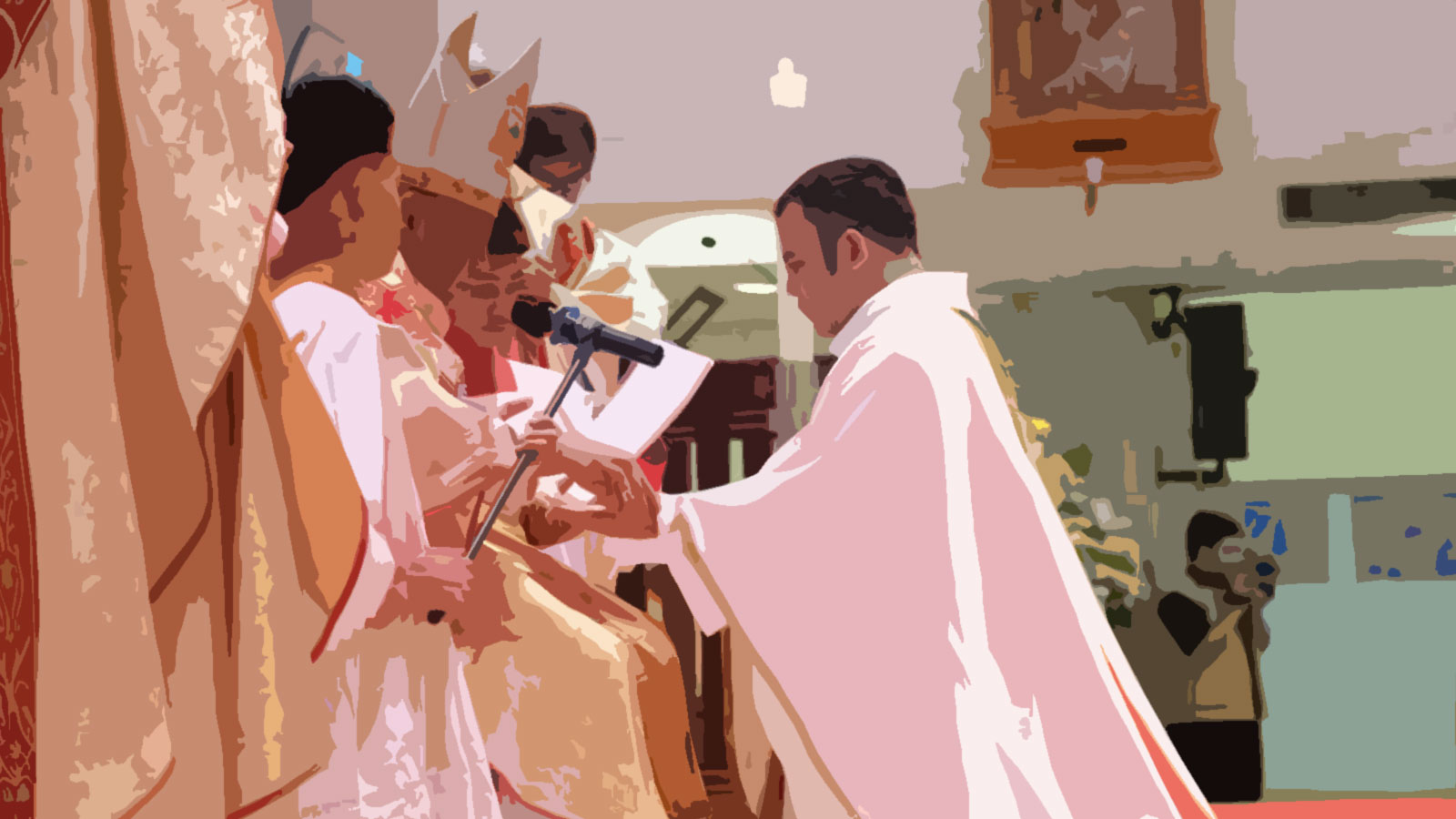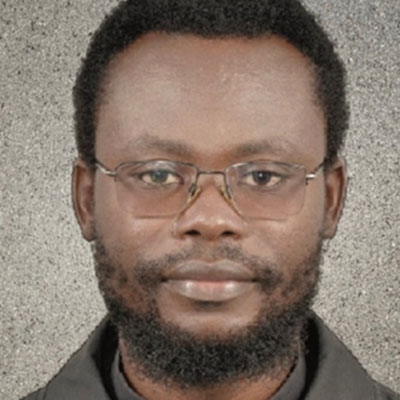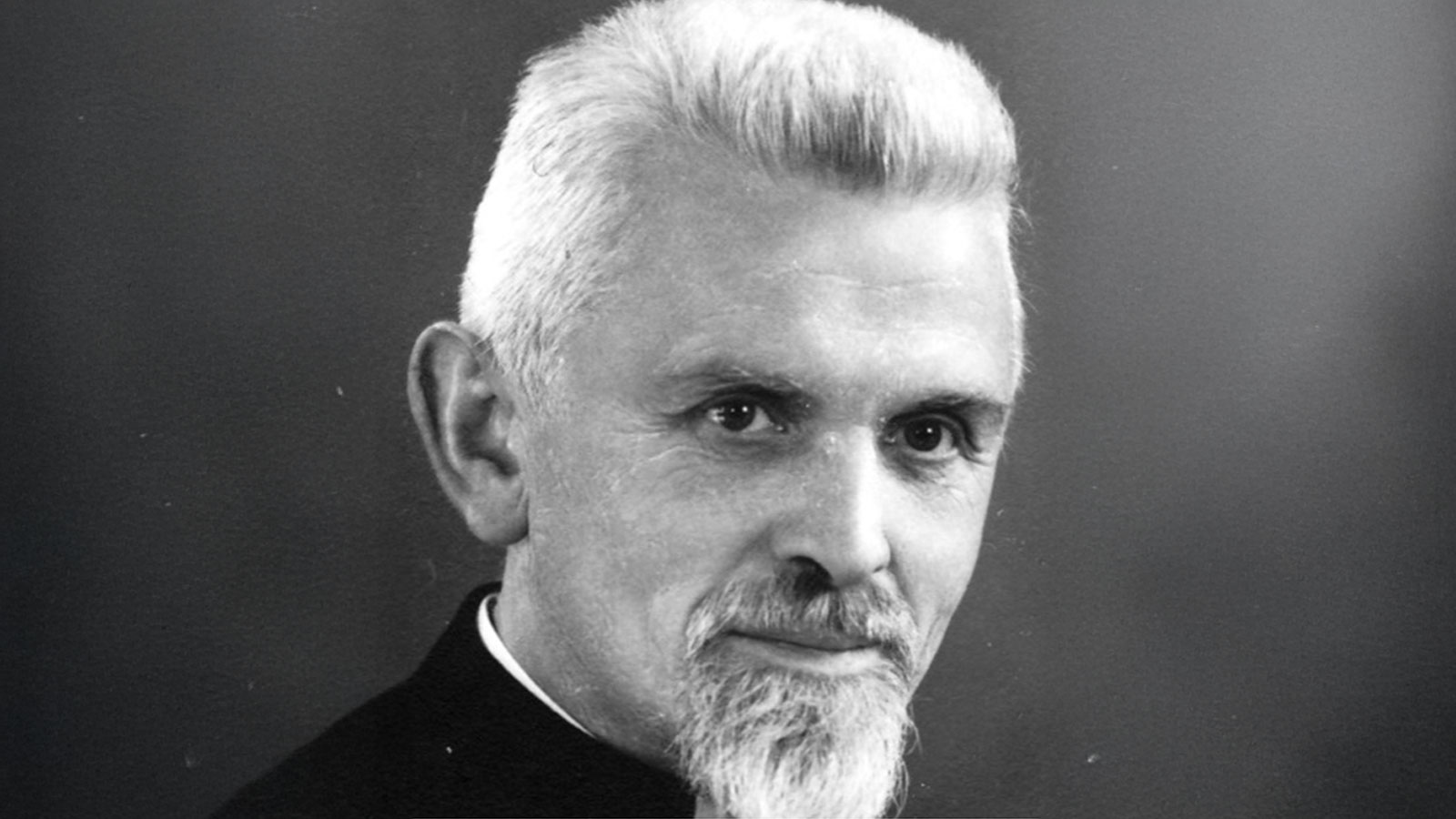 By Jacques Thomas, cicm
By Jacques Thomas, cicm
We all know about the prophet Nathan’s brilliant strategy to make King David aware of the enormity of his crime. He tells him a story in which a rich man unjustly appropriates the only sheep of a poor man. David’s reaction is immediate: he spontaneously condemns the profiteer. It is then that Nathan says to him, “But that man is you!”
Jesus uses the same pedagogy when facing the religious authorities of his time by telling them the story of the homicidal farmers. In the end, he asks their opinion. It is clear that these criminals deserve an exemplary punishment. By pronouncing this sentence, they are, in fact, condemning themselves. But the difference between the two stories is that David acknowledged his fault and repented, while Jesus’ opponents, who were reprimanded, sought to eliminate him, thus completing what was missing in the parallelism between their behavior and that of the homicidal farmers.
During the summer, thanks to a brief pause granted by COVID-19, other subjects made the headlines, particularly the painful question of the misdeeds and crimes related to colonization. This is a subject that affects us as a missionary Congregation since we were at least present, if not involved in them. Of course, we regret and condemn today the abuses and especially the attack on the dignity of persons that this implied. We do not recognize ourselves in them, all the more so since it casts doubt on so many sacrifices, generosity, and love for the people to which generations of confreres have given witness.
But one wonders how in the past such things could have happened without more protests from confreres or other Christians. For whether it was slavery, or colonization, or even the wars and genocides perpetrated until recently, it is difficult to understand what could have been the justification, if not a noticeable lack of recognition of the inalienable dignity of every person, whoever he or she may be.
In his latest encyclical, Fratelli tutti (FT), Pope Francis refers many times to the only possible foundation for genuine equality and fraternity in relations among human beings: “the inalienable dignity of each human person regardless of origin, race or religion, and the supreme law of fraternal love (FT39)”. And the Pope adds, not without regret: “I sometimes wonder why, in light of this, it took so long for the Church unequivocally to condemn slavery and various forms of violence (FT86)”.
Of course, this is history, but in fact, I often tell myself that by condemning these mistakes of the past with anger today, we do nothing but condemn ourselves. Indeed, have we ever tried to imagine what will be said of our generation in the next century, unable to take the measure of the challenges we face today?
Will they not condemn with the same anger our inability to take the urgent measures required by climate change, our indifference in the face of the horrible tragedy of migrants, the success of extreme right-wing parties preaching selfishness and xenophobia, oblivious to the excesses to which these ideologies have led in the past, our inaction in the face of the widening gap between a minority of privileged people who can afford anything and a growing mass, condemned to live often in unworthy conditions and without a future? “Today, as in the past, slavery is rooted in a notion of the human person that allows him or her to be treated as an object (FT24)”. And we do not have the excuse that we are not informed, that we do not know: “we are comfortably seated in front of our screens watching the multiple dramas that affect the lives of so many of our fellow human beings: we look at those who suffer without touching them. We televise live pictures of them (FT76)”. The gap is widening, and poverty is increasing. Here in Brussels, you only have to travel by metro to see the extent of the evolution: last Sunday, just between Louise and Gare de l’Ouest stations, three beggars succeeded one another in the cars. Unheard of.
What can we do about it? We feel so helpless in the face of the magnitude of these challenges. It is precisely against this guilty indifference that we must react because history will hold us accountable, just as it does today about the past. The encyclical's central biblical text is the parable of the Good Samaritan. We have undoubtedly already had the opportunity to make some lovely comments or homilies about it. But let us sincerely ask ourselves: do we feel personally concerned? “Which of these persons do you identify with? This question, blunt as it is, is direct and incisive. Which of these characters do you resemble? (FT64)”.
“Sooner or later, we will all encounter a person who is suffering. Today there are more and more of them. The decision to include or exclude those lying wounded along the roadside can serve as a criterion for judging every economic, political, social and religious project. Each day we have to decide whether to be Good Samaritans or indifferent bystanders (FT69)”. As Christians and religious, the only way out is to learn from the Good Samaritan. “Difficulties that seem overwhelming are opportunities for growth, not excuses for a glum resignation that can lead only to acquiescence. Yet let us not do this alone, as individuals (FT78)”. May we personally, but especially in the community, dare to take concrete initiatives. ■
“we must learn to live together as brothers or perish together as fools”.
Martin Luther King Jr.







